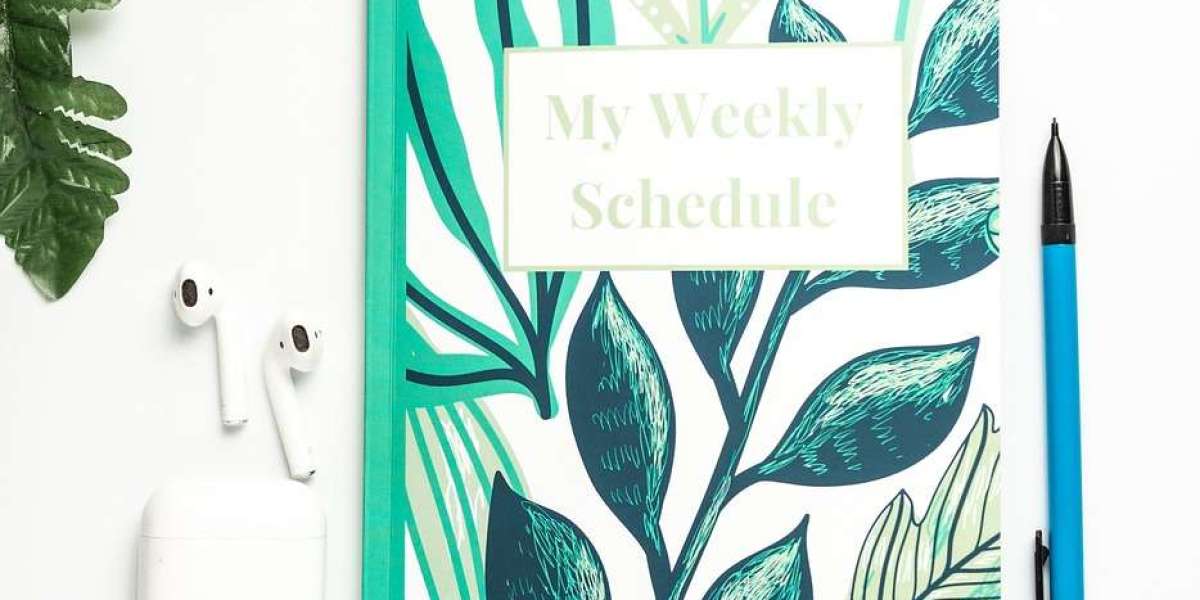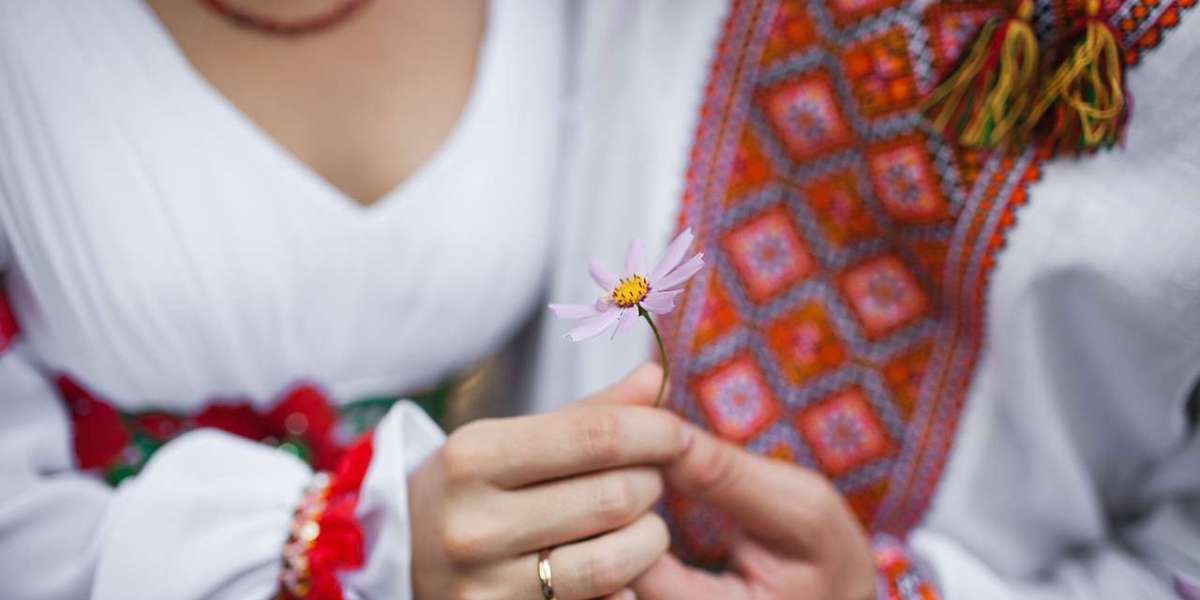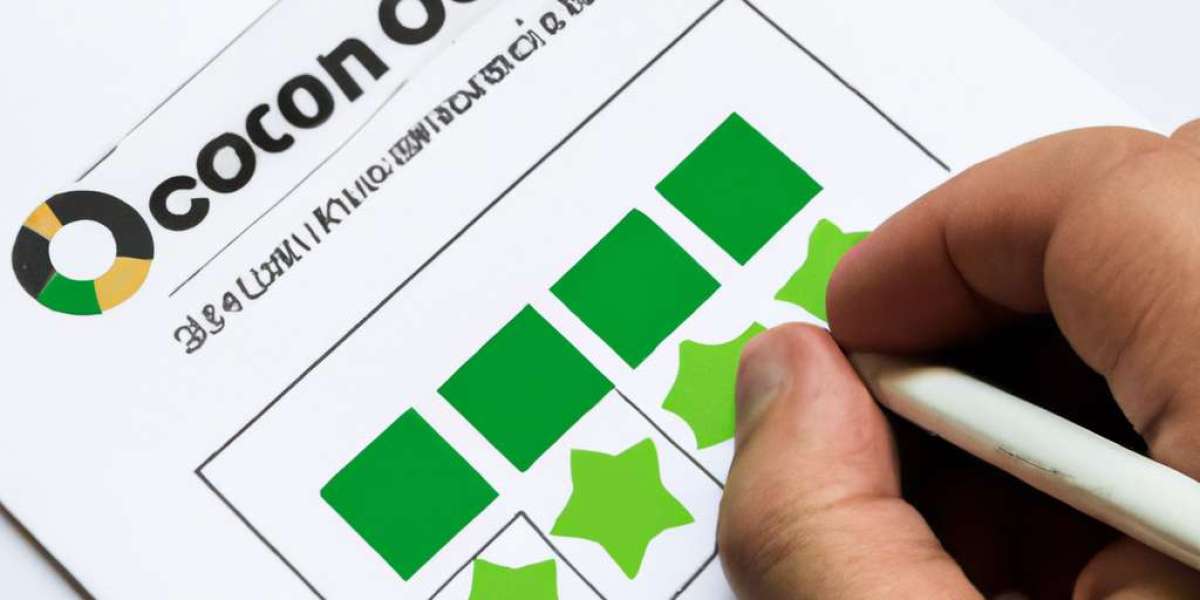Title: Enhancing Your Friendship Skills: A Comprehensive Guide to Becoming a Better Friend
Introduction
Friendship is a vital aspect of our lives, providing us with support, companionship, and shared experiences. However, being a good friend is not always intuitive; it requires effort, understanding, and a commitment to personal growth. In this article, we will explore various strategies and tips to help you become a better friend, fostering deeper and more meaningful connections with those around you.
1. Active Listening: The Foundation of Friendship
One of the most crucial skills for building and maintaining strong friendships is active listening. By actively engaging with your friends' thoughts, emotions, and experiences, you demonstrate your genuine interest and empathy. Here are some key aspects of active listening:
a. Be present: When conversing with your friend, eliminate distractions and focus solely on their words. Maintain eye contact and use non-verbal cues to show that you are fully engaged.
b. Avoid interrupting: Allow your friend to express themselves fully before offering your perspective. Interrupting can make them feel unheard and devalued.
c. Reflective responses: After your friend shares something, paraphrase or summarize their thoughts to ensure you understood correctly. This shows that you are actively processing their words and encourages further open communication.
2. Cultivating Empathy and Understanding
Empathy is the ability to understand and share the feelings of another person. By cultivating empathy, you can deepen your friendships and forge stronger bonds. Here's how:
a. Put yourself in their shoes: Try to imagine how your friend might be feeling in a given situation. This will help you respond with sensitivity and compassion.
b. Validate their emotions: Acknowledge and validate your friend's emotions, even if you may not fully understand or agree with them. Letting them know that their feelings are valid fosters trust and openness.
c. Practice perspective-taking: Strive to see situations from your friend's perspective. This will enable you to offer more thoughtful advice and support.
3. Honesty and Open Communication
Clear and open communication is essential for any healthy relationship, including friendships. Here's how you can enhance your communication skills:
a. Be honest and authentic: Being true to yourself and expressing your thoughts and feelings openly promotes trust and authenticity in your friendships.
b. Constructive feedback: If you notice a behavior or habit that may be affecting your friendship negatively, address it with kindness and respect. Offer constructive feedback and suggestions for improvement, ensuring your intentions are understood.
c. Active problem-solving: When conflicts or disagreements arise, approach them with a problem-solving mindset. Work together with your friend to find mutually beneficial solutions.
4. Support and Encouragement
Being a supportive friend is crucial for fostering a healthy and lasting friendship. Here's how you can provide support and encouragement:
a. Celebrate their successes: Be genuinely happy for your friend's achievements and milestones. Offer sincere congratulations and celebrate their accomplishments.
b. Be there in tough times: During challenging times, offer your support and lend a listening ear. Show empathy and compassion, and avoid judgment or dismissive behavior.
c. Encourage personal growth: Motivate your friends to pursue their goals and dreams. Offer encouragement, provide resources, and be their cheerleader throughout their journey.
5. Respect Boundaries and Individuality
Respecting boundaries and individuality is vital in any friendship. Here's how you can ensure you honor these aspects:
a. Personal space: Recognize and respect your friend's need for personal space and time alone. Avoid becoming overly clingy or possessive.
b. Accept differences: Embrace and celebrate the differences between you and your friend. Allow them to express their individuality without judgment or criticism.
c. Boundaries: Communicate your own boundaries clearly and respectfully, and be receptive to your friend's boundaries as well. This will foster a sense of safety and trust within the friendship.
Conclusion
Becoming a better friend requires self-awareness, empathy, and a willingness to invest time and effort into your relationships. By actively listening, cultivating empathy, practicing open communication, providing support, and respecting boundaries, you can enhance your friendship skills and build stronger, more fulfilling connections. Remember, friendships are a two-way street, so be sure to encourage your friends to adopt these practices as well.
Search
Popular Posts
Categories
- Cars and Vehicles
- Comedy
- Economics and Trade
- Education
- Entertainment
- Movies & Animation
- Gaming
- History and Facts
- Live Style
- Natural
- News and Politics
- People and Nations
- Pets and Animals
- Places and Regions
- Science and Technology
- Sport
- Travel and Events
- IT & Computers
- Nature
- Health & Wellness
- Beauty & Personal Care
- Other






